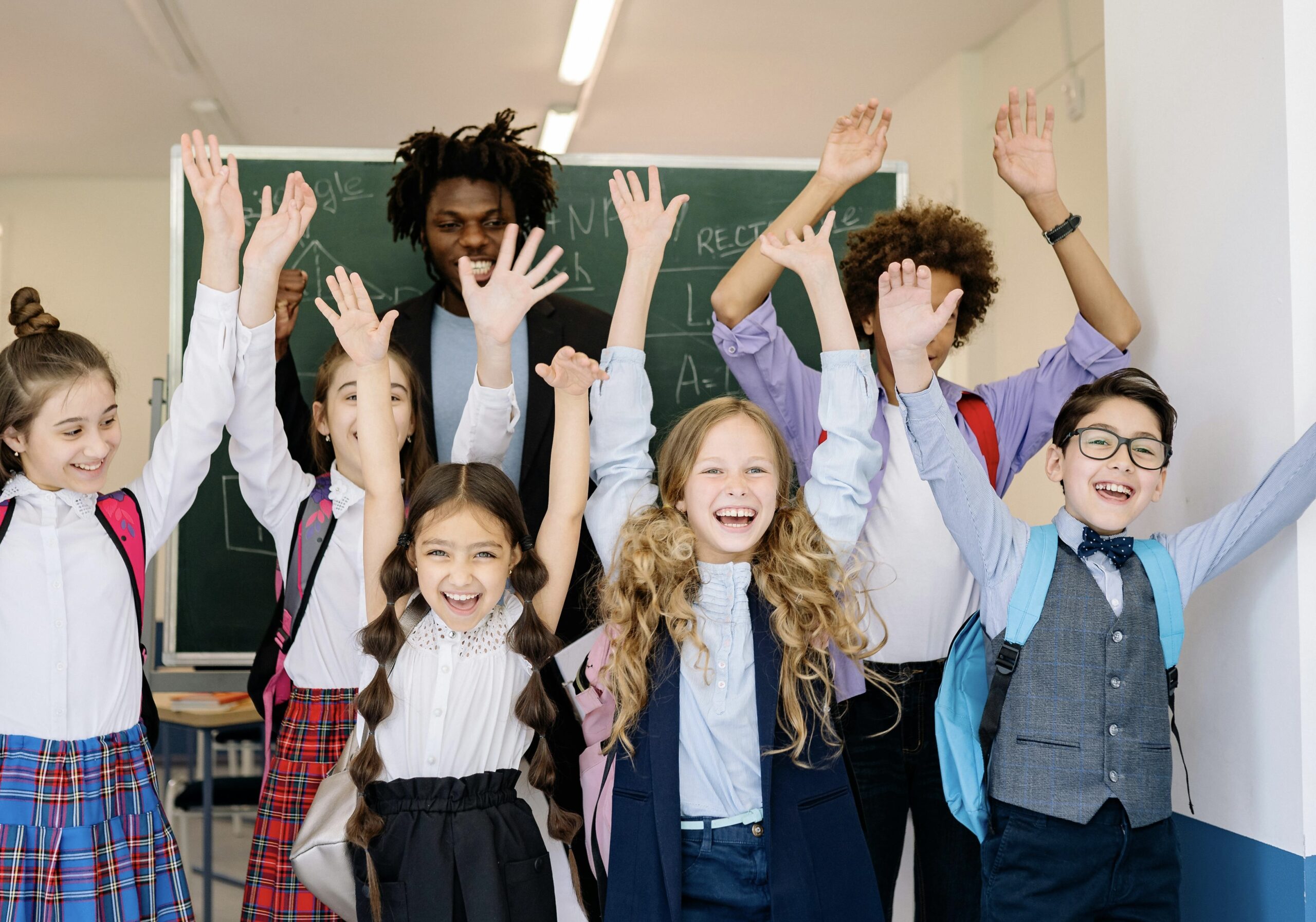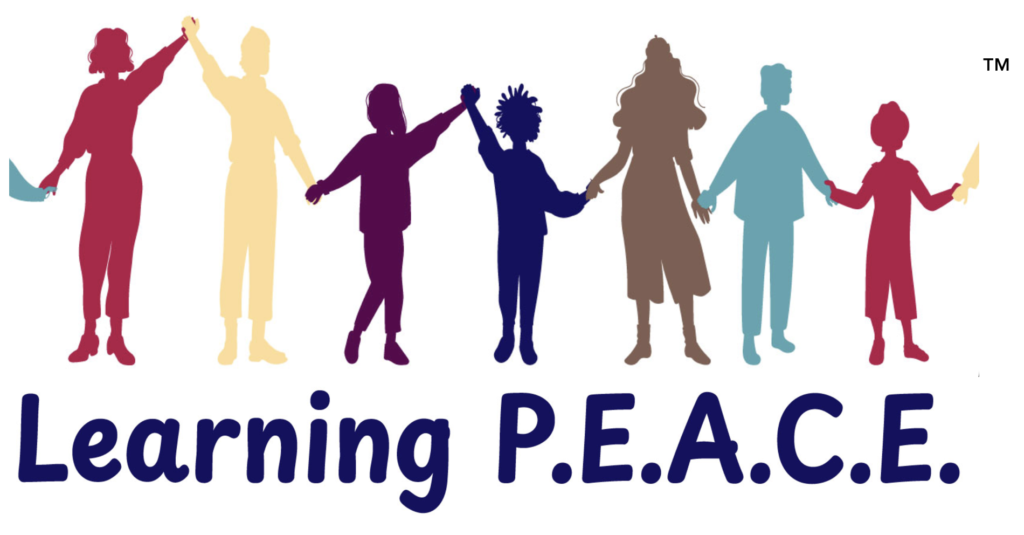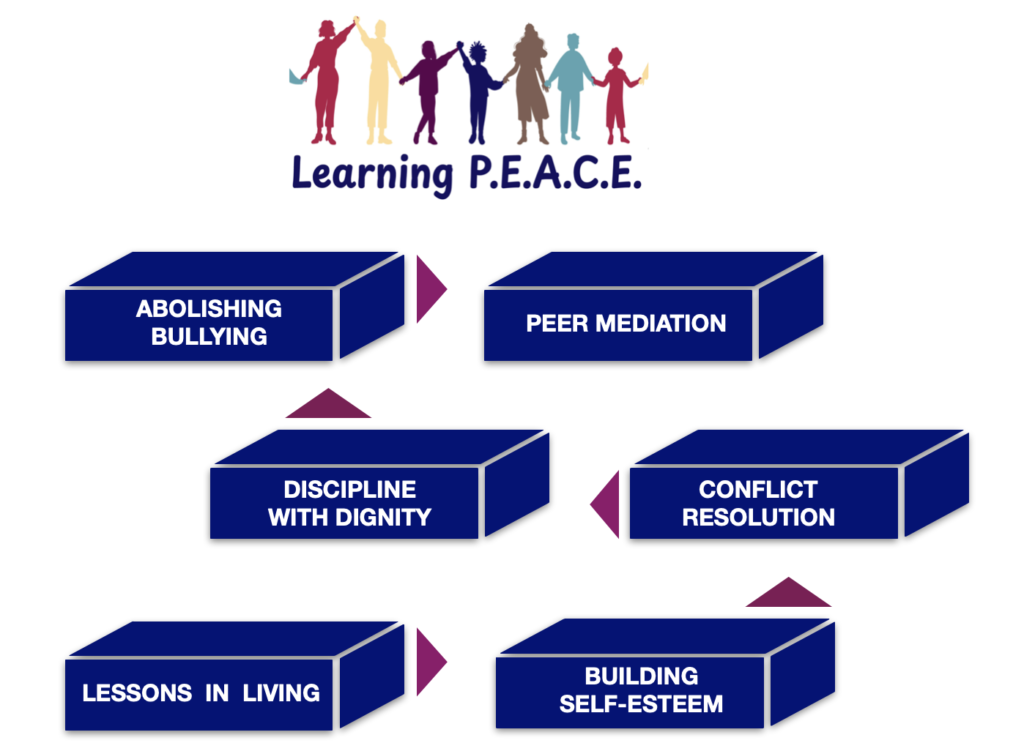Learning P.E.A.C.E. ™ in School
Cloud Program on UnitusTI
Learning Personal Empowerment And Conflict Expertise

We need inspiration, granular content, and practical tools to change the norm of division and violence in our world, schools and families. We deserve to find again a path of living well together, all but lost in the breakdown of value-based social structures.
Teachers, staff and youth can regain the necessary foundation and practical means to deflect the onslaught of violence, aggression, and sense of isolation by remembering our humanity and practicing tools to appreciate ourselves and one another. This program, now offered on the Cloud, offers tangible tools that counter lacking social skills, the absence of trust in relationship, and low self-esteem. This is how we build strong and kind human interactions.
A Practical Education in Living Well Together
The goal of Learning P.E.A.C.E. is to create an atmosphere of mutual respect, self awareness, social mastery, and creative conflict resolution for youth and adults in schools, and extending into all private, public and social settings worldwide.
Learning P.E.A.C.E. is a unique program unlike any other on the market today. Conceived by a single teacher in a school in Nova Scotia, it has become a structured, streamlined, comprehensive international peace education curriculum for schools that has changed hundreds of lives.
The proven, applicable and on-point content and lesson plans turn around the prevailing “me first” and “I don’t care about you” attitude among young people today. When a child died from a violent act of bullying at school, the seeds were planted for what has grown into a thriving peace education movement far beyond a single classroom, educating teachers, staffs and students in schools and universities across the globe. Now, it is easily available through a streamlined Cloud program at UnitusTI.

What makes this program unique
Three facets address a world of ever-increasing violence:
- Pro-active: Instead of attempting to solely eliminate violence among young people, it effectively educates children, and accompanying adults, in dealing humanely, respectfully and fairly with themselves and one another. Many institutes around the world focus on youth, working to combat the increasingly oppressive power of aggression and apathy. We need them to help youth to improve their environment and put out the fires. Learning P.E.A.C.E, however, emphasizes positive social mastery and conflict resolution which then prevents situations from becoming so inflammatory in the first place.
- Comprehensive: This comprehensive program helps develop all the necessary skills for building peaceful relationships in daily life. Self-developed rules and basic behavioral guidelines for encountering life’s unavoidable difficulties and working through conflicts resulting from differences among people are key elements. The standards of self-confidence, empathy, accepting and appreciating differences, and solving problems together are consistent throughout all ages and in any group. Children know, at all times, what to expect and what is expected of them. The attitude of unity and team building create the groundwork for truly harmonious relationships. Cooperation, companionship and, most profoundly, optimal unfolding of personal potential are the results.
- Universal: Learning P.E.A.C.E. is non-prescriptive nor religiously framed. The tools, attitudes and behaviors are built upon age-old values found in all religions, cultures and people on this planet. The training is process-oriented, meaning that the methodology and the structure used to implement the content of the program are molded to the circumstances, culture, and personal and group goals.
Prevailing Problems in Schools Today:
- Disciplinary difficulties
- Lost classroom, teaching time
- Disruption in the classroom
- Varied and inconsistent problem solving measures
- Students not adhering to behavioural guidelines
- Acted out aggression in the classroom and on the playground
- Name calling, discrimination, attacks
- Intolerance of differences
- Exclusion
- Lack of human understanding and empathy
- Children’s fear of aggression and violence
Learning P.E.A.C.E. Program Outcomes:
- Collectively practiced problem solving skills
- Trained self-discipline
- Clear rules and consequences
- Understanding and accepting different ways of thinking, being and acting
- Helpfulness
- Human understanding and empathy
- Sense of belonging / Team spirit
- Feeling safe and secure at school
- Effective and enjoyable lessons
- Effective teaching and learning
- A pleasant working and learning atmosphere
- A positive school reputation
The Building Blocks of Learning P.E.A.C.E.
Being comprehensive and pro-active, universal, non-prescriptive and effective prove this program to be outstanding in the field of life skills and violence prevention.

Lessons in Living
Children and teenagers are enabled to live well with one another, be responsible and express their natural joy. Diversity, inclusion, teamwork, and nonjudgment are learned here. Living well with oneself and with others is the foundation of living a life worth living.
Building Self-Esteem
Self-respect, recognizing and accepting strengths and weaknesses, and improved self-worth are characteristics that are developed by using easy to apply strategies in any group setting. Self-worth is the foundation for creating peaceful relationships.
Discipline with Dignity
Children and teenagers are equipped with ideas and strategies to develop cooperative behavior and the desire to adhere to collective rules and guidelines. Techniques used retain and honor the dignity of each individual, child and adult alike.
Conflict Resolution & Violence Prevention
Equipping children and teenagers with tools for positive social interaction relieves them of stress in difficulties and helps diffuse most conflict situations. Impulsive, aggressive, and problematic behavior is transformed by training in communication, empathy, conflict resolution, and anger management.
Abolishing Bullying
The focus here is developing social competency, sensitizing children to aggression and educating them in what bullying is and the many forms it takes. Children and teenagers are enabled to recognize and reroute their own aggressive impulses as well as to deal with the aggression of others. Since bullying is the spring board for most violence, recognizing aggressive behavior and learning strategies to deal with it are of utmost importance.
Peer Mediation
Teachers as well as students are trained in mediation in order to assist all students in conflict resolution. The youth trained are then skilled to mediate conflict among their peers without the direct intervention of an adult. Peer Mediation is an outstanding process to help minimize aggression and violence in schools.
Proactive. Comprehensive. Regenerative.
Learning P.E.A.C.E. is not culturally confined, nor a passing fad. It is on point and on time. This is a world-class program that can, and should, be implemented at every level in every school, company and institution wishing to truly educate its youth to be prepared for the world they are to inherit; to prepare them in a way that they can create positive changes and ensure peace for our collective future.
